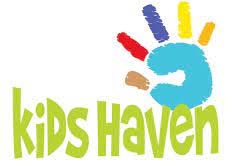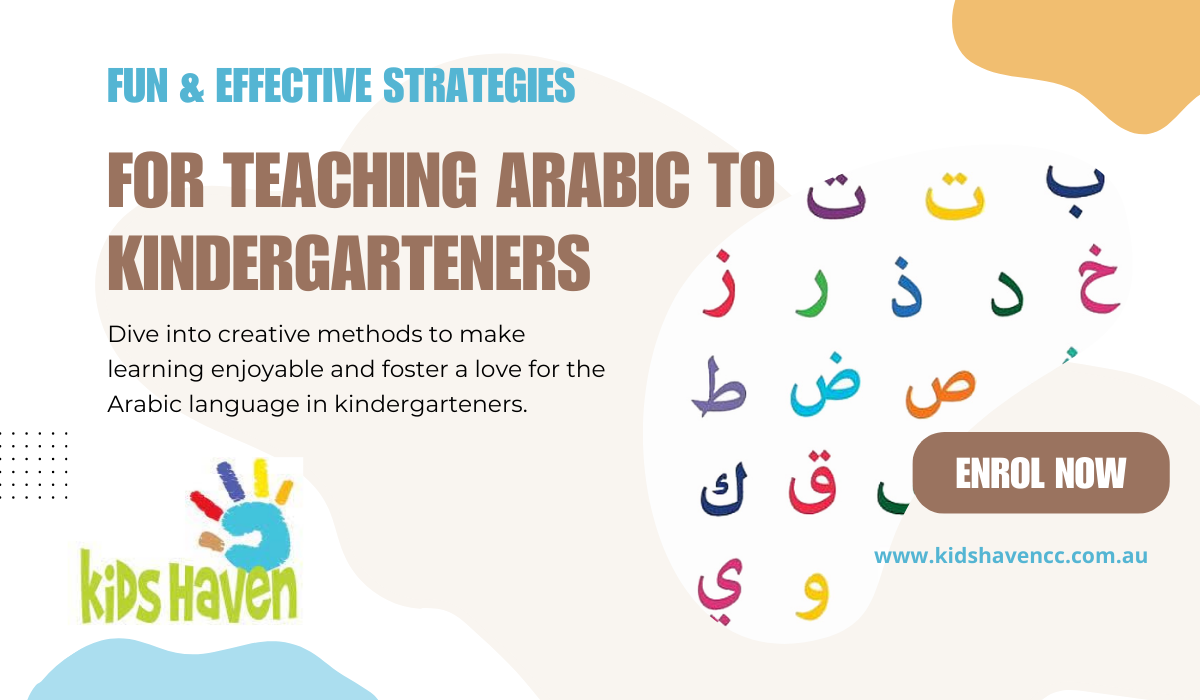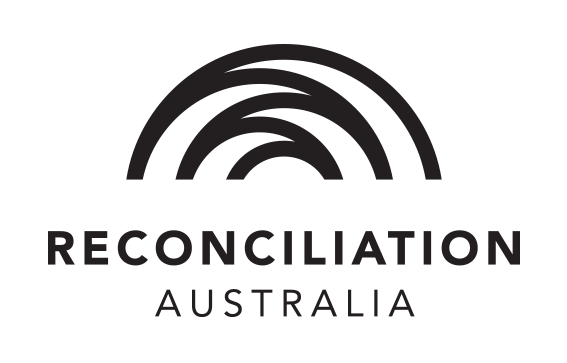Exposing young children to a new language like Arabic offers a treasure trove of benefits. Not only does it boost brain development, but it also opens doors to new cultures and friendships. The key to success? Making the learning process fun and engaging!
This blog dives into some valuable methods to spark your kindergartener’s love for Arabic, transforming language learning into an exciting adventure.
Valuable Methods To Teach Arabic to Kindergarten Students
Making Arabic Fun and Interactive: (Discuss the importance of this throughout)
Alphabet Adventure: Turn letters into a vibrant party! Use flashcards with colorful pictures that match the sounds of the Arabic letters. Picture books filled with friendly characters learning Arabic are also fantastic.
Arabic Alphabet Flashcard Fun: Flashcards are like tiny windows into the Arabic language. Create your own with big, bright letters and clear pictures that show what the sound represents.
Arabic Alphabet Worksheets: Worksheets can reinforce letter learning and introduce basic writing skills. Look for worksheets with tracing exercises and simple activities for practicing letter formation.
Writing letters with different objects: Learning shouldn’t feel like a chore! Get creative with playdough, finger painting, or even writing letters in sand. It’s a tactile experience that sticks!
Online word and alphabet games: Educational games and apps can be amazing tools for learning Arabic. Look for age-appropriate games that are interactive and visually appealing. Imagine learning numbers while chasing friendly monsters on a phone screen!
Repetition Technique: Remember how you learned songs as a kid? Repetition is powerful! Integrate Arabic words and phrases into daily routines. Sing songs, repeat words during playtime or mealtimes, and even say them while getting dressed. The more you hear it, the easier it gets!
Interact With Your Kids In Arabic: The more Arabic your child hears, the better! Parents and teachers can use simple Arabic phrases during everyday interactions. Sing Arabic songs, rhymes, and stories to further immerse them in the language.
Making Arabic Fun and Engaging for Kindergarteners
Embrace Play-Based Learning: Play is essential for early childhood education development. Here are some fun Arabic play ideas:
- Matching Mania: Use colorful flashcards to match pictures with words.
- Sing Along: Catchy Arabic rhymes and action songs are a hit!
- Arabic Simon Says: Play classic games like “Simon Says” with Arabic instructions.
Integrate Movement and Music: Movement and music are powerful tools for memory and engagement:
- Learn greetings and commands through interactive songs with actions.
- Combine basic Arabic counting rhymes with physical movements.
- Introduce traditional Arabic music or instruments for a cultural touch.
Focus on Visuals and Storytelling
- Picture Perfect Books: Brightly colored picture books with simple Arabic phrases are a great way to introduce new vocabulary.
- Puppet Power: Create interactive stories using puppets or flashcards. It’s engaging and helps children make connections with the language.
- Animation Adventures: Short animated videos with basic Arabic dialogue are a fun way to introduce speaking and listening skills.
Celebrate Progress and Make it Rewarding
Discuss the importance of positive reinforcement in language learning.
Give examples like:
- Stickers and Stars: Track progress with stickers or reward charts. Every step counts!
- Achievable Goals: Set small, achievable goals to create a sense of accomplishment. Celebrating milestones together keeps motivation high.
- High Fives for All: Encourage peer praise and celebrate each other’s progress. Learning is a team effort!
Briefly summarize the key strategies for teaching Arabic to kindergarten students. Reiterate the importance of making learning fun and engaging to ensure a successful language-learning journey. Encourage parents and teachers to embrace the adventure of teaching Arabic to young minds.
For further inquiries about teaching Arabic to kindergarten students or to explore our educational programs and resources, don’t hesitate to reach out to us at Kids Haven. You can contact us at (03) 9359 0022 or drop us an email at info@kidshavencc.com.au. We’re here to support you in creating an engaging and fun learning environment for young minds.









Leave A Comment